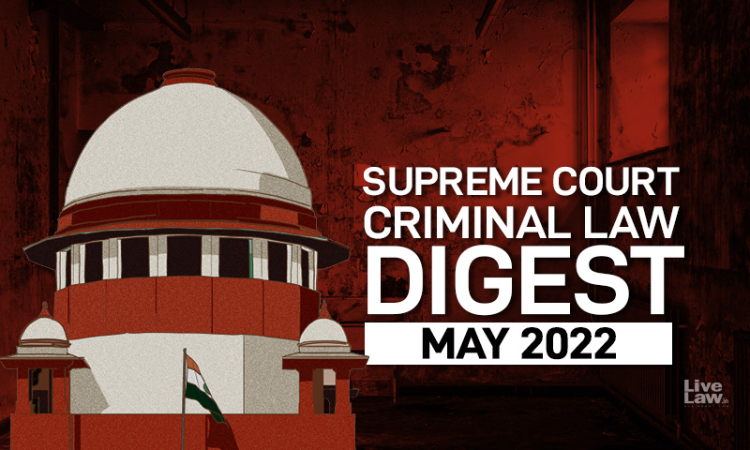Next Story
6 Jun 2022 10:28 AM IST
Code of Criminal Procedure, 1973; Part II of First Schedule - If the offence is punishable with imprisonment for three years and onwards but not more than seven years the offence is a cognizable offence. Only in a case where the offence is punishable for imprisonment for less than three years or with fine only the offence can be said to be noncognizable. (Para 5.3) Knit Pro...

